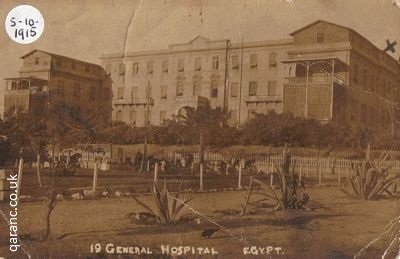 |
| Picture by Psyche |
There probably aren’t
very many people who aren’t familiar with James Herriot, the country vet who
motored around the Yorkshire Dales, saving the lives of sick animals and
encountering their eccentric, hard-bitten, but entirely lovable owners. The veterinary
world has changed a lot since then; now there are shining operating tables, plastic
gloves and x-ray machines. In contrast James Herriot describes practicing in
the most primitive conditions…traveling in cars without heaters, operating on tables
that had to be propped up during surgeries, stripping half-naked to deliver a
calf in the middle of the night.
In reality, of
course, the name was Alf Wight, and the stories, though based on his experiences,
are mostly fictional…which probably makes them all the more remarkable,
considering what the author was able to achieve.
 |
| Picture by Psyche |
My first encounter
with All Creatures Great and Small,
was with the television series, which ran intermittently from 1978-1990 and
starred the magnificent Robert Hardy (who, aside from being an expert on the long
bow, studied under both C. S. Lewis and J. R. R. Tolkien). Watching the shows became a family tradition; I laughed my way through them, but didn't really understand them. I was too young, I guess; but from that moment forward, I wanted
to be a vet. As a little girl, I gathered odds and ends from around the house
which struck me as doctoring equipment; we didn’t have a dog, but stuffed
animals worked just as well. So I started my own practice, and ran it until I
grew out of it.
 |
| Picture by Psyche |
But then, I was
old enough to pick up the books. They opened up a world, a world which many of us
will never see, a world of hard work; dirty, but clean; heartbreaking, but full
of joy; a whole race of people who lived according to the cycles of the land
and (pardon the expression) very close to nature. And that, I think, is the
real treasure of James Herriot…because the books aren’t about the animals he
saved, they are about the fast disappearing Dales farmers he admired so much.
 |
| Picture by Psyche |
In the sterile,
artificial society which we now live in, we tend to forget that at one time,
most of the population lived in the great rolling countryside, hidden away
among the hills, nearly isolated from the Great World Outside. It’s only in
recent centuries that people have poured into cities. Of course there were
always the great cities like Rome or Constantinople, but they were small in
comparison with the cities we have today. Once upon a time- indeed, for
thousands of years, people lived with their livestock, very close to the land.
 |
| Picture by Psyche |
Life seems to have
become very clinical now-a-days. Kids go to school, mother and father both
work; there are electric bills, grocery bills, care repair bills...in between
family members hardly get to see each other, or form any kind of relationship.
Sometimes they go on vacation, but jobs, friends and exciting happenings are
distracting. In contrast, James Herriot describes families that live and work
together, learning together, laughing together and weeping together. These
Dales families did the same things every year in a never ending cycle, but they never grew tired of it;
they were staunch and steadfast and remembered that blood is thicker than water.
Relationships had to work, because the people had to work together; there was no
option of backing out, or trying something different, because the abyss of foreclosure
and starvation was always just around the corner.
 |
| All Creatures Great...and Small Picture by Psyche |
Of course, the
books probably paint that bygone world in rosier hues than it really was. The
work was really hard and car heaters and WiFi and televisions are nice to have,
but I can’t help thinking something has been lost. I only partially know what
it is like to have loving grandparents…aunts and uncles live thousands of miles
away and my extended family have fragmented beyond repair. James Herriot wrote
about families, great families that were powerful, but very humble, and that’s
the reason I get a small ache every time I read his books, because I have a
longing for something I can only hope to experience.
~Psyche
~Psyche


















